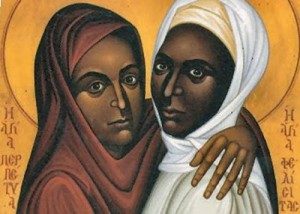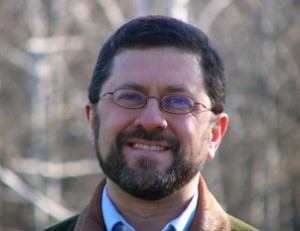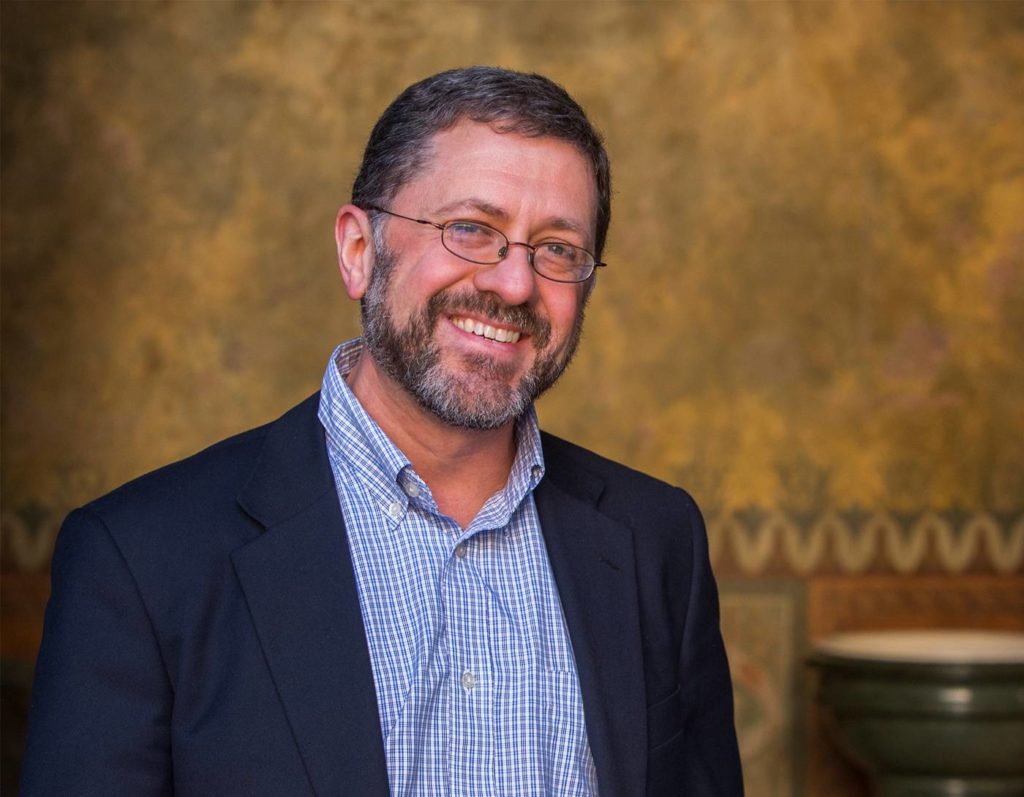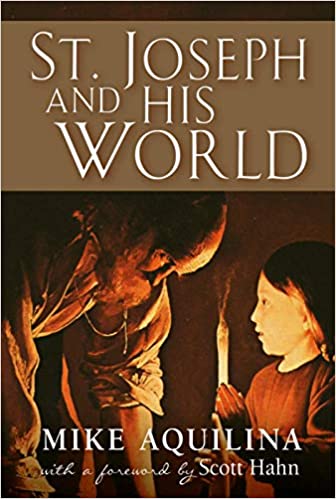Podcast: Play in new window | Download (Duration: 29:37 — 27.2MB) | Embed
Subscribe: Apple Podcasts | Spotify | Amazon Music | Android | Pandora | iHeartRadio | JioSaavn | Podchaser | Gaana | Podcast Index | Email | TuneIn | Deezer | Anghami | RSS | More
The Story of St. Perpetua – In Conversation with Mike Aquilina
Mike Aquilina joins Kris and Bruce McGregor to discuss St. Perpetua, an early Christian martyr whose story has been powerfully preserved through her own writings. St. Perpetua’s remarkable courage, faith, and rebellious spirit against the evils of the world, as well as her deep trust in Christ, enabled her to embrace martyrdom despite the many comforts of her noble status, young motherhood, and privileged upbringing.
Her account is one of the few firsthand writings from an early Christian woman, making her an extraordinary voice in Church history. Her willingness to sacrifice everything for Christ, including her family and infant child, serves as a powerful witness that continues to inspire believers today.
Discerning Hearts Reflection Questions
- What aspects of St. Perpetua’s faith and courage inspire you most, and why?
- How does Perpetua’s willingness to sacrifice everything for Christ challenge your own faith journey?
- In what ways do you see the same kind of persecution of Christians happening in the world today?
- How can you apply Perpetua’s unwavering trust in God to your daily struggles and decisions?
- What does her story teach us about the value of spiritual preparation and perseverance in suffering?
- How does Perpetua’s example encourage you to be bolder in professing your faith, even in small ways?
- What role does community play in strengthening our faith, as seen in Perpetua’s prison experience?
- How does the idea of “good rebellion” against the world’s evils apply to your spiritual life?
- How can the witness of martyrs like Perpetua help deepen your appreciation for the Eucharist and sacraments?
- What concrete steps can you take to learn more about the early Church and its martyrs?
 From CNA:
From CNA:
“Saints Perpetua and Felicity were martyrs who died for the faith around the year 203.
St. Perpetua was a young, well-educated, noblewoman and mother living in the city of Carthage in North Africa. Her mother was a Christian and her father was a pagan. In terms of her faith, Perpetua followed the example of her mother. Despite the pleas of her father to deny her faith, Perpetua did the very opposite, and fearlessly proclaimed it. At the age of 22, she was imprisoned for her faith. While in prison she continued to care for her infant child and put up with the tortures designed to make her renounce her faith. Perpetua remained steadfast until the end. St. Perpetua was sacrificed at the games as a public spectacle for not renouncing her faith.
St. Felicity was a pregnant slave girl who was imprisoned with St. Perpetua. Little is known about the life of St. Felicity because, unlike Perpetua, she did not keep a diary of her life. After imprisonment and torture, Felicity was also condemned to die at the games. Only a few days before her execution, Felicity gave birth to a daughter who was secretly taken away to be cared for by some of the Faithful.The feast of these Saints is March 7.“
Visit Catholic Heroes of the Faith to learn more about the animation Mike Aquilina talks about
fsdfsdf


 Episode 9 – A Brief Reflection on Prudence
Episode 9 – A Brief Reflection on Prudence
